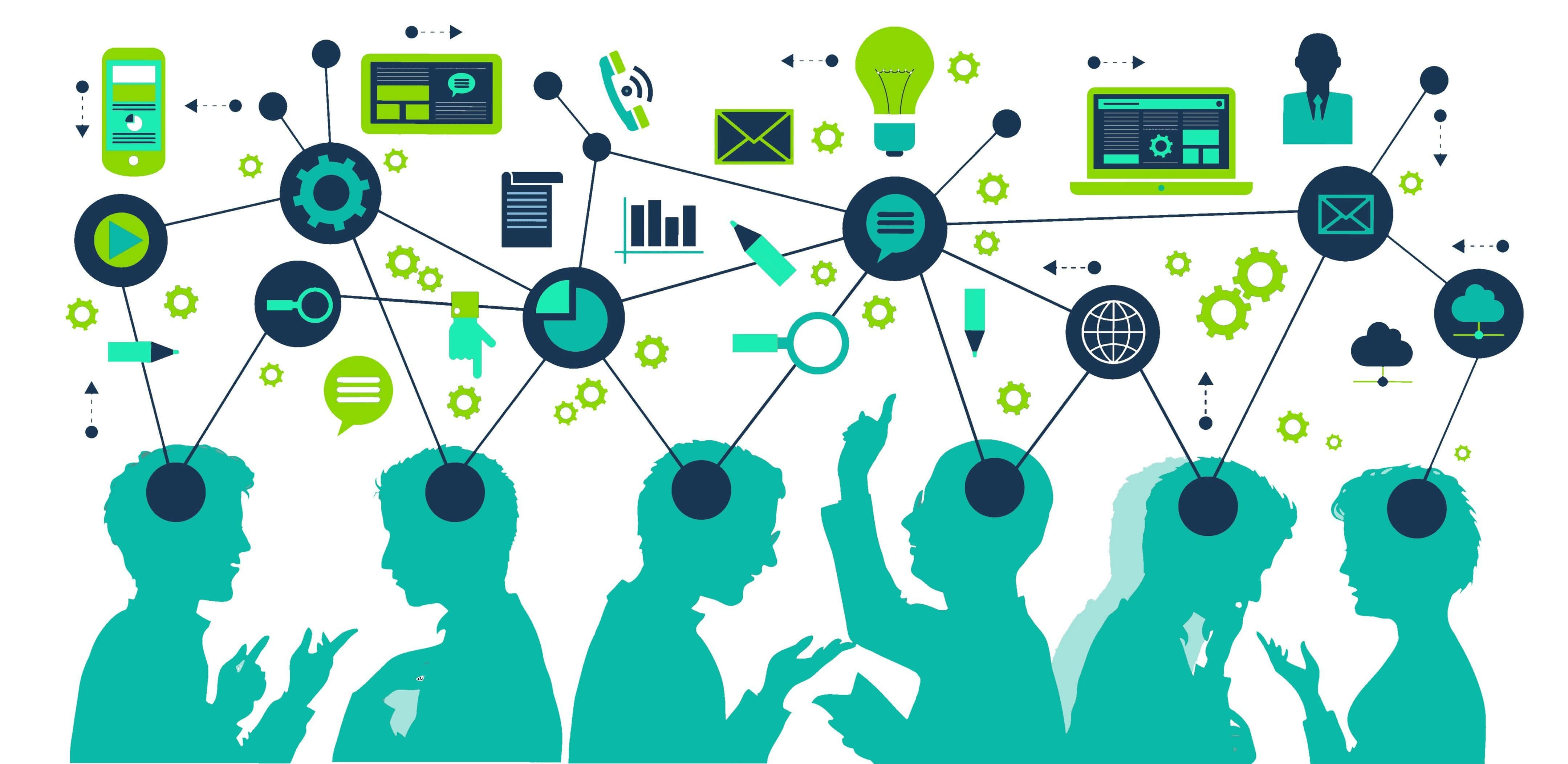
Customer relationship management is one of the biggest challenges in business, regardless of the size. It is less a single item and more of a broad category. No one does it well without serious software help.
At this point, a big business wouldn’t even think about trying it without some type of crm software requirements checklist. By taking a closer look at a notable CRM checklist and evaluation template, we can gain some valuable insight into why every entrepreneur needs to be using a CRM program regardless of the size and type of business they happen to be in:
Sales Tracking
![]()
If you make more than a handful of sales, you are not going to be able to hold all that data in your memory. Here are just a few data points you need to track:
- Average Sales Price (ASP)
- Number of sales by month
- Number of sales by sales person
- Factors contributing to the sale.
- Buying preference by client
This is just the tip of the sales tracking iceberg. With this type of information, you can know when a particular sales person is under-performing over time. You can determine if your problem is that prices are too low, or there is just a routine, seasonal slump. Without solid tracking, all of these data points are left to guesswork. That is no way to run a business. There are many tools to make your business run a little easier. Sales tracking software is one of them.
More than a Contact

If you believe the business card, a contact is a name, phone number, and maybe an email address. But that information is barely enough to make a cold call. For a long-term sales relationship, a contact is so much more.
You might start with a photo from a client’s social media profile. This will help you connect a name with a face. It will also make the contact more personal. The photo and social media profile might also give you clues about marriage status, children, pets, and personal preferences.
The more information you know about a client, the easier it will be to form a meaningful relationship and find points of genuine commonality. All of this is made possible by a contact profile that is made up of a lot more than a name, phone number, and email address. CRM software is more than contact information. It is relationship information.
Big Data, Troubleshooting and Problem Prevention

CRM is the backbone of big data. Big data is the emergent property of a cloud of small data points. Almost everything needed for big data analytics goes into a good CRM program.
Two of the things big companies do with big data is troubleshoot problems and prevent problems before they happen. When sales patterns take a turn for the worst, it is hard to know the exact cause without a lot of data to evaluate.
It may be that you were experiencing small to medium sales tickets on a frequent and predictable basis. This is great for cash-flow. But perhaps the demographics of your clientele start to change over time so that you get big sales, only less frequently and less predictably. That could be bad for cash-flow but good for profitability. If you can’t troubleshoot the change, you will be confused by it, and potentially make irrational decisions.
Big data gleaned from a well-populated CRM program can also help you prevent problems before they occur. Inventory issues are a good example. Not every seasonality is as obvious as winter coats and back to school supplies. Some items have a seasonality that is far less obvious, and can only be revealed by analyzing the data.
You don’t want to stock up on widgets that only sell well to your biggest clients, all of whom tend to go on vacations at the same time of the year. Hidden seasonality is just one of the problems that can be unearthed and prevented with the proper application of CRM data.
If you want to keep up with the competition, you can no longer do business on the back of a napkin. That will not help you with sales tracking, increasing points of contact, or troubleshooting and problem prevention. A CRM program will do all that, and more.

